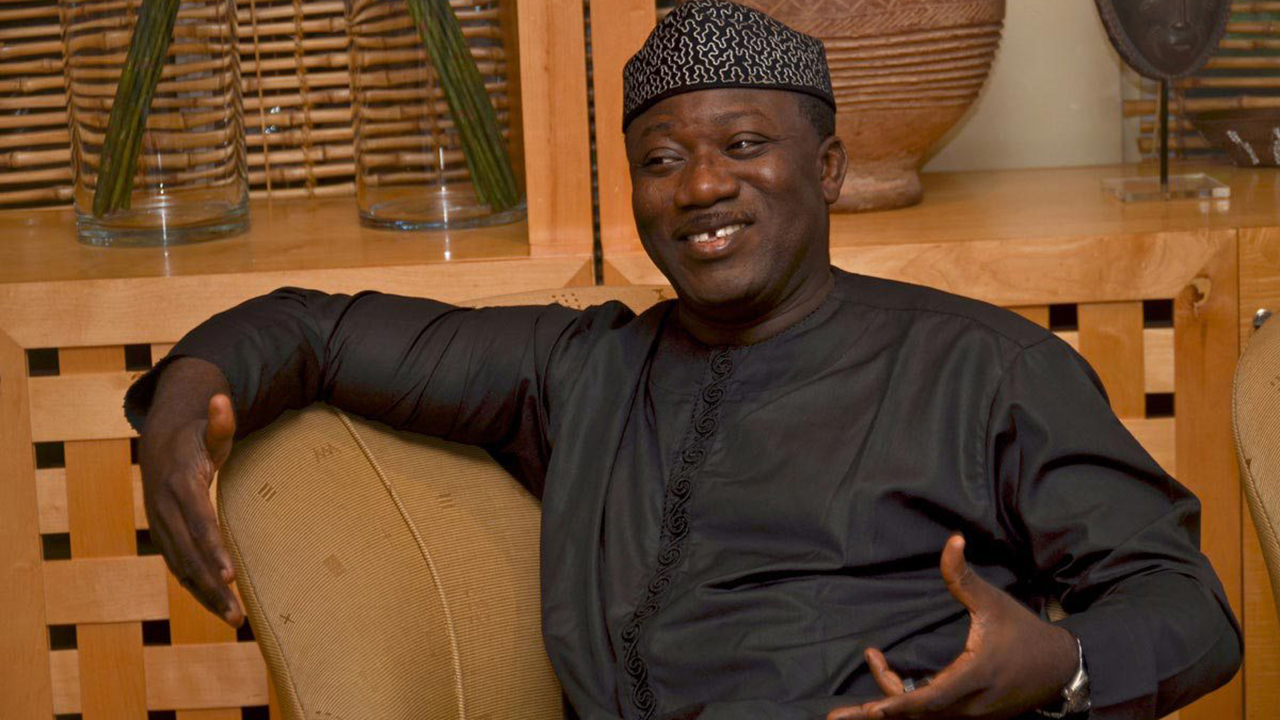
Ekiti State Governor Kayode Fayemi has disclosed that the workers in the state civil service are being owed N57 billion, which he said, was caused by irregular payment of salaries and pensions by the immediate past government.
Fayemi, who disclosed this during an interaction session with the members of the civil servants across ministries, parastatals and agencies at the state secretariat in Ado Ekiti yesterday, said the arrears covered outstanding salaries, pensions, promotion, leave bonus and other emoluments from 2014 till October 2018 when he assumed office.
The governor also said that he was not part of the people that were opposed to local council autonomy, saying that local councils in the state are given unfettered access to administer their own funds without interference since he assumed office.
He said he would honour his pledge to pay all outstanding workers’ benefits, but clarified that while some would be given immediate attention, others would be defrayed instalmentally.
“It is sad to reel out such a figure because it can create panic for you and I. But let me say that we can’t pay in one swell swoop, but promotion for 2019 will be given immediate attention while others will be defrayed instalmentally.
“It becomes difficult to pay once because Ekiti gets a little above N5 billion monthly with the state getting like N3 billion while the local councils receive little above N2 billion monthly,” he said.
Fayemi said he was never opposed to the idea of giving financial independence to the third tier of government, being the closest to the grassroots.
“I am not opposed to it. Since I came back. Not even one naira of the local councils’ fund was being administered by me. Though we did some partnerships in 2014 through five kilometre-road projects across our councils but since I came back, I have allowed the councils to manage whatever comes to them”.
Meanwhile, Fayemi has said that Nigerian democracy has witnessed a significant improvement in the electoral reform with the conduct of 2015 and 2019 presidential elections.
Chairman of the Nigerian Governors Forum (NGF) disclosed this yesterday while presenting a lecture to the Executive Course 41, 2019 entitled: “20 years of Democratisation in Nigeria: Looking Backward, Moving Forward,” organised by National Institute for Policy and Strategic Studies (NIPSS), Kuru, Jos, Plateau State.
He noted that Nigeria could not afford to be a nation that glamourises plagues and despairs but a nation that democratises hope and faith in the nation and encourages peace and progress.
According to him, “the 2015 election marked a significant progress in our electoral reform as it saw a change of power from one political party to the other. The outcome of the election was generally accepted to be free, fair and credible.”
“The 2019 election that just held early in the year also followed the same pattern, although there were still skirmishes here and there, the electoral system has been a radical improvement from what it had been before 2015.”
The Director-General of the NIPSS, Prof. Habu Galadima, said there is a need to encourage internal democracy to give people in the grassroots a sense of belonging.
He said the local councils should be given more attention because that is where the population of Nigeria is found.



